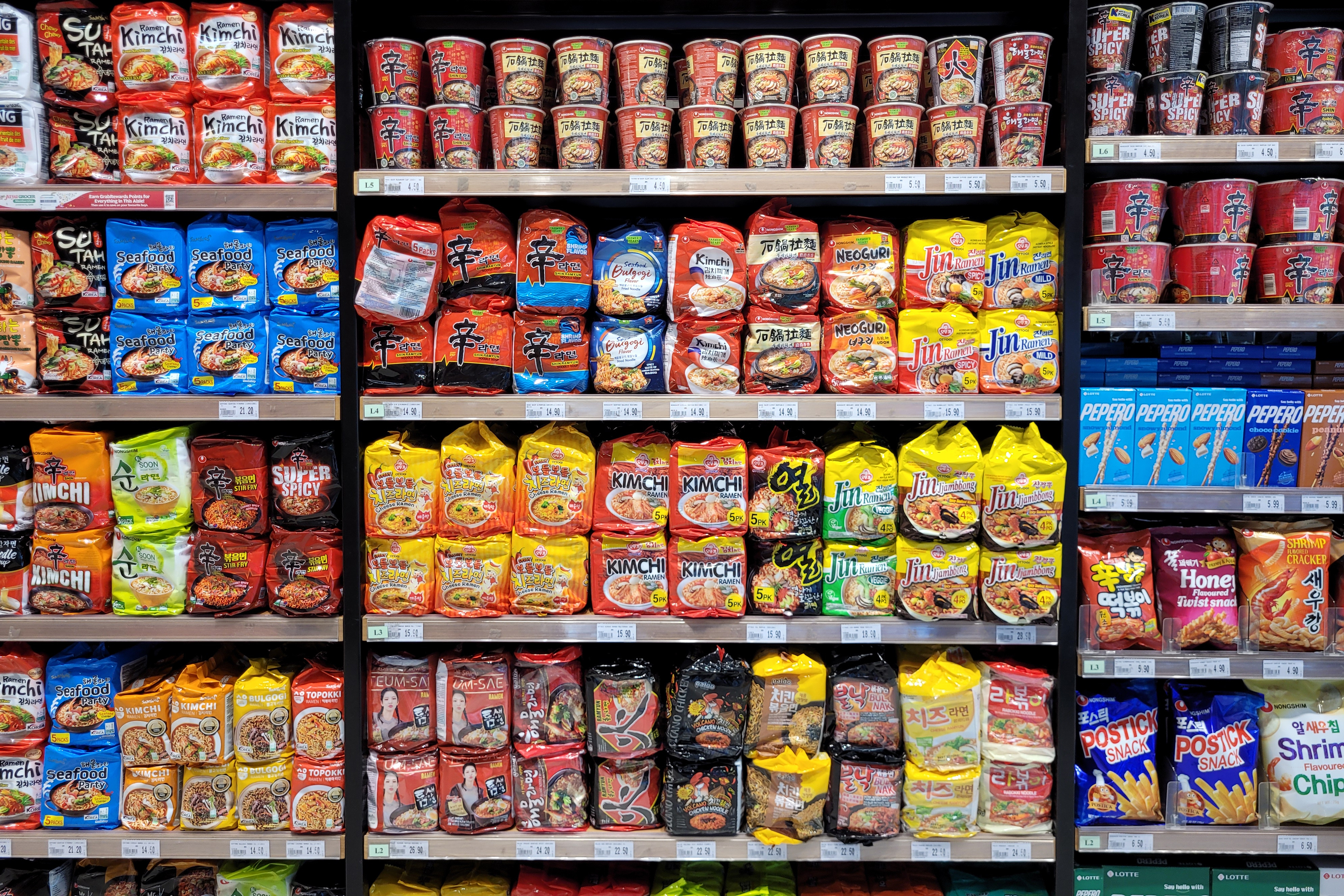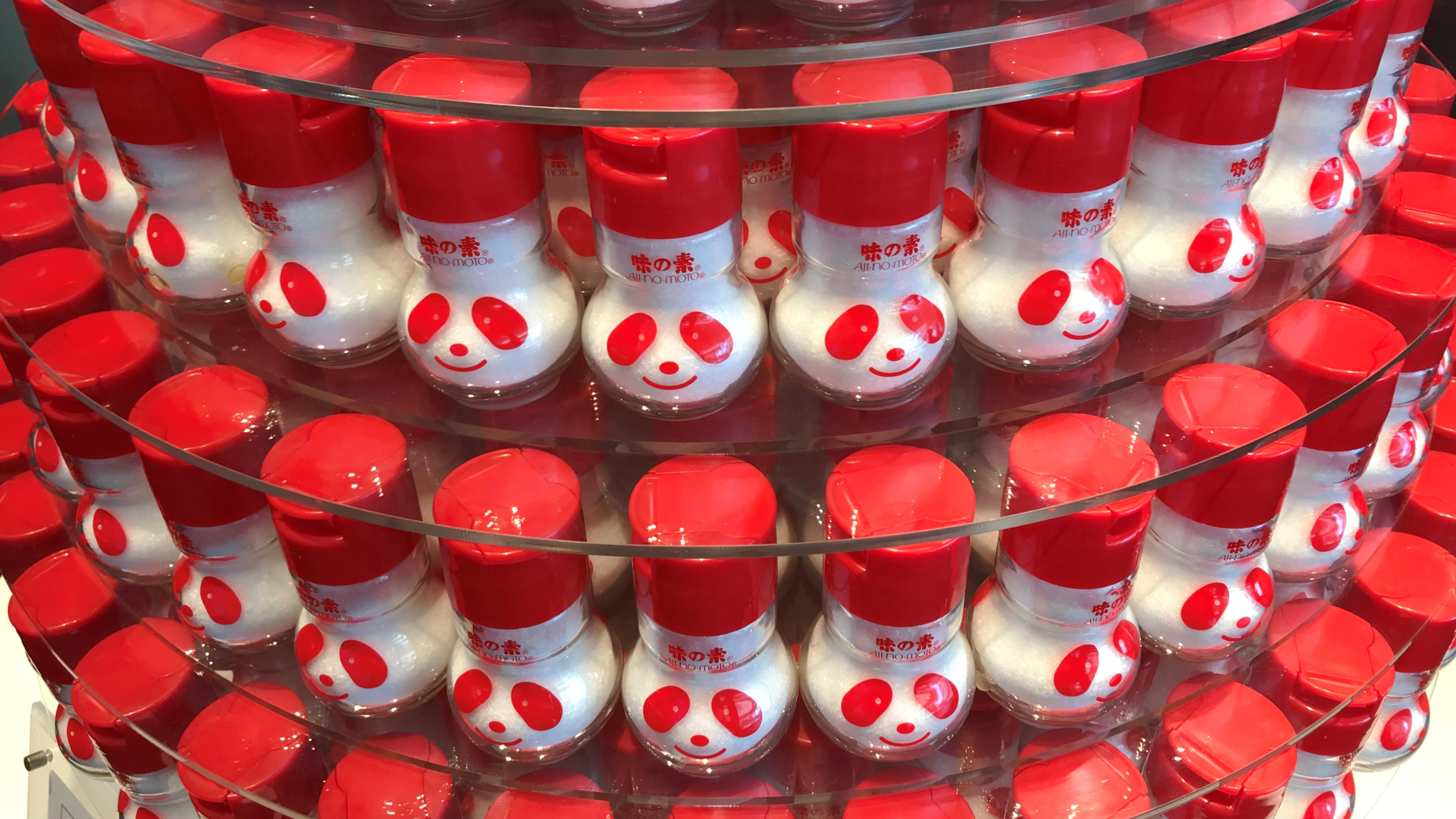This Friday marks the 300th version of Asia Pick of the Week – so we’ve put together a special edition to celebrate! We also have an exciting update to share with you, so read on to find out more …
For almost six years, Asia Pick of the Week has been a staple in thousands of tech founders’, CEOs’ and VPs' inboxes, delivering a round-up of the latest news from Asia on tech, business and more. Our goal: to showcase a wide range of stories, each highlighting real commercial opportunities in the region for western firms.
A year ago, I was excited to be handed the reins by Asia Pick of the Week’s previous editor and creator Jack Porter, who conceived the idea during a company pub lunch in early 2018. And what an exciting first year it’s been!
The last 100 issues
March 2022 marked the 200th edition of the newsletter, in which Jack explored two major trends that defined 2018-2022: digitalisation – driven by the Asia’s pressing need to increase productivity amidst an ageing population – and decarbonisation, fuelled by countries' ambitious carbon neutrality targets.
While those trends aren’t going away anytime soon, another force is now emerging as a driver of technological change, in Asia as elsewhere: artificial intelligence.
In fact, 43 of the last 100 issues mentioned AI in some shape or form, surpassing EVs in 42 editions, robots in 33 and semiconductors in 31.
From NTT offering customised corporate services using generative AI to Hitachi preserving the knowledge of retiring factory workers through vector databases, a multitude of applications is emerging across the region.
China even has a term for it – ‘the war of one hundred [AI] models’.
While most applications are clearly geared towards raising productivity, we saw some pretty weird examples in our coverage, such as NEC’s recent effort to create ‘buns that taste like love’ using AI. But, hey – why not?
Running parallel to the boom in AI is a major shift towards increased business diversification. Some prominent examples include Samsung's vision for its SmartThings home electronics ecosystem, Huawei's "all intelligence" AI strategy and Toyota's leapfrog endeavour into long-range EVs running on solid-state batteries.
But it’s not just 2025 visions and future strategies that made the cut! More intriguingly still, some companies have expanded into totally different industries, resulting in some unusual success stories.
Here are some of our favourite ‘food to future’ examples from the last 100 issues …
- (Issue 228) Korean ramen packet maker inks $1bn battery material deal – Youlchon Chemical, which makes packets for well-known ramen brands, will soon supply materials for battery pouches, in a move to transform into a supplier for the rapidly growing EV sector ...
- (Issue 240) How an MSG seasoning company became a major semiconductor player – Ajinomoto now supplies more than 90% of PCs with insulation tech. It’s a wild, unexpected diversification for a company that started 113 years ago making umami seasoning ...
- (Issue 257) From tempura oil to sustainable aviation fuel – Japanese sushi chain Sushiro plans to reuse its waste cooking oil in the production of SAF, supplying Japanese airlines from 2025 ...

Issue 228 – In September 2022, Korea’s Youlchon Chemical Company won a contract worth $1bn to supply Ultium Cells, the US-based EV battery JV between General Motors and LG Energy Solution. And just last month, General Motors signed a $18bn deal with LG Chem for the supply of enough cathode materials for almost five million EVs (see Issue 297) – a sizeable step up in collaboration!
Also worth remembering are:
- (Issue 236) Japanese railway now runs on leftover ramen broth – The Amaterasu railway is a popular sightseeing train known for its open roof and bubble-blowing staff. Now, it runs on biodiesel made from leftover ramen broth ...
- (Issue 239) Japan startup develops edible cement from food waste – Fabula Inc. is now able to create cement out of Chinese cabbage, orange rinds, pumpkin waste and more. After use, it can then be broken down, boiled, and eaten ...
- (Issue 259) Asahi to use vending machines for carbon capture – The Japanese beverage company plans to deploy 260,000 vending machines, each capable of absorbing 60kg of CO2 per year …
- (Issue 286) Ramen bowl boldly goes where no one has gone before – A ramen restaurant in Osaka has sent five signature ingredients to space to study the effects of cosmic radiation, with plans eventually to open a ramen joint on Mars ...
It’s interesting to see so much innovation and branching-out coming from the more ‘traditional’ F&B industry. Western semiconductor and greentech startups and scaleups looking to do business in Asia would do well to include these new, unusual players on their prospect lists.
We’ll be keeping an eye out for other ‘dual-use’ foodstuffs over the coming years, but who knows what ‘the next big thing’ will be a hundred newsletter issues from now.

Issue 240 – Food seasoning company Ajinomoto, which is well known for inventing the term ‘umami’, recently proposed plans to build a $186m manufacturing base for producing ‘Build-Up Film’, which helps connect chips to circuit boards. Its stock price surged by more than 21% last year due to increasing demand for semiconductors.
Asia Pick of the Month
I’m excited to announce that I’ll soon be teaming up with my London-based colleague Polly Harley to spice up your inboxes (no MSG pun intended) with a monthly deep dive into some of our favourite stories from Asia Pick of the Week, delivered on your favourite podcast platform.
We will be speaking with market specialists across our 15 global offices, as well as external guests, to provide the inside scoop on Asia’s tech trends that represent opportunities for western tech firms, from EVs to energy storage and from sustainability to semiconductors.
To kick things off, the head of our Automotive & Mobility Practice, Daniel Kollar, will join us to talk about the growth of China and Korea’s urban air mobility industry, including its technological and regulatory drivers and a smattering of ‘flying car’ movie trivia.
For future episodes, we’d love to hear from you: your interests, experiences and burning questions, with a chance to feature on our podcast. Please get in touch at william.oliviero@intralinkgroup.com.
We’ll share more details very soon.
Issue 300 and beyond
Thanks once again to our regular readers (and we hope soon-to-be listeners) for your ongoing support – here’s to issue 350 and beyond!